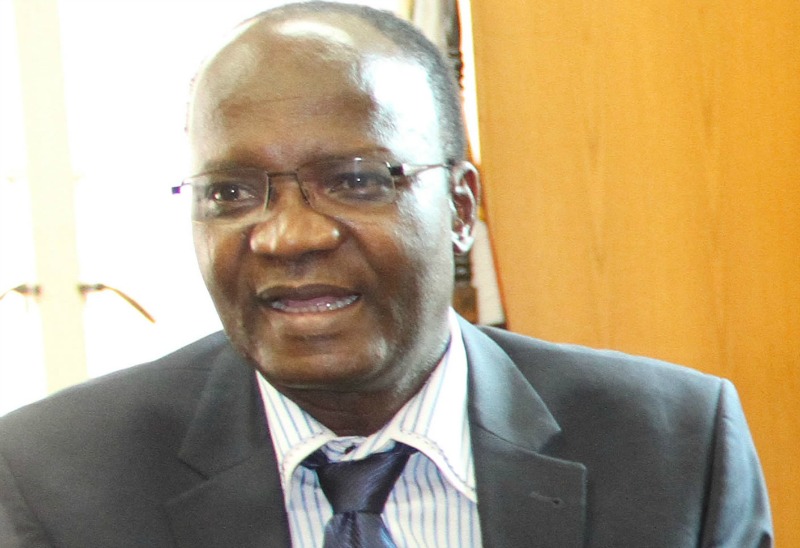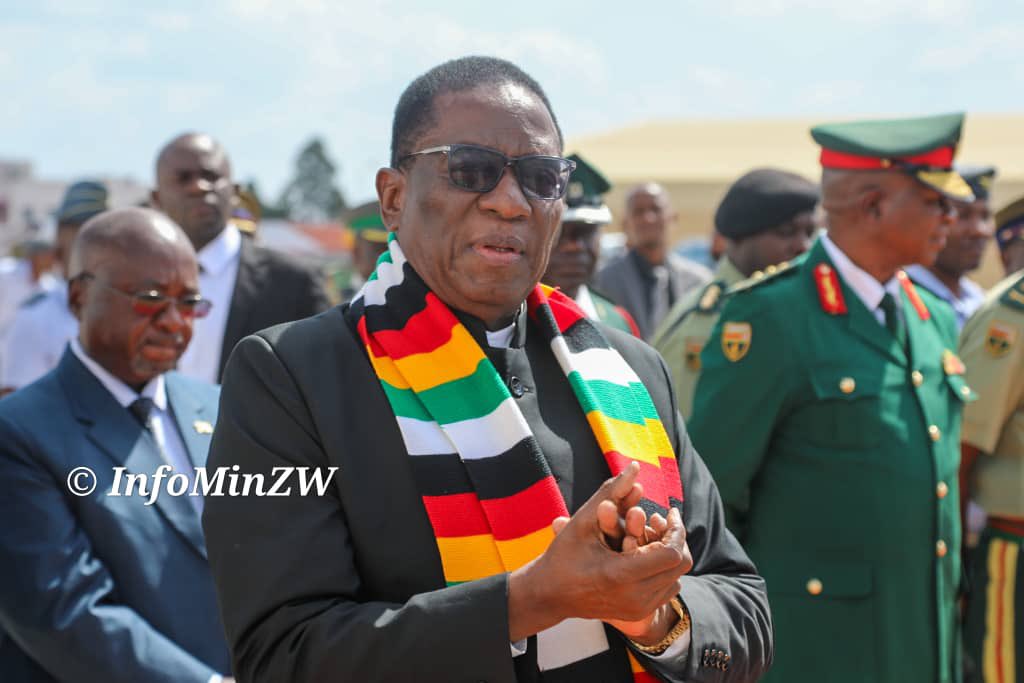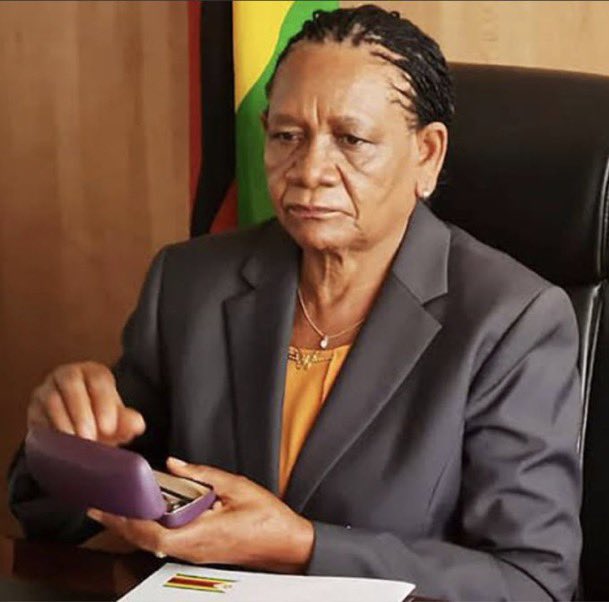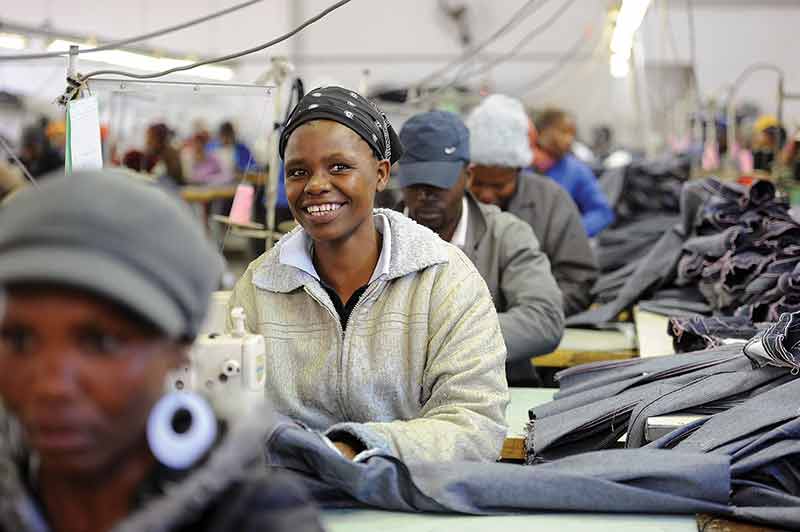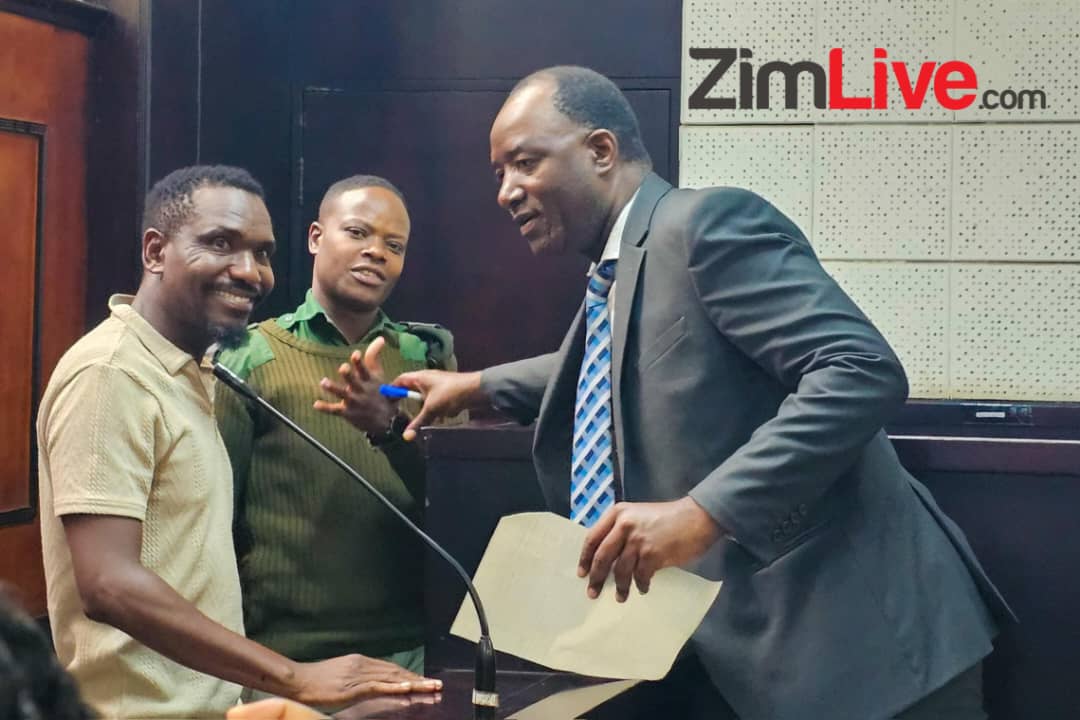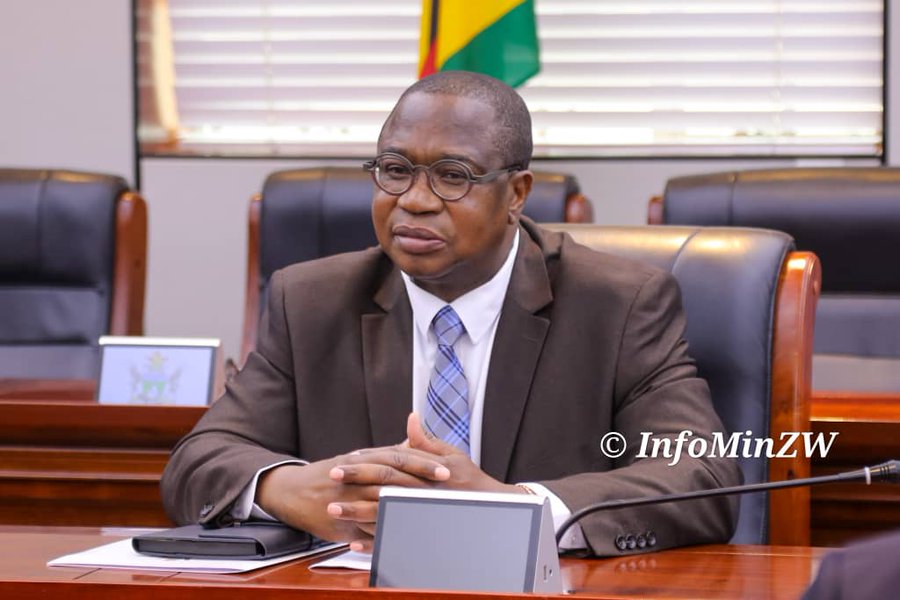HARARE – Zimbabwe’s ruling Zanu PF party on Monday accused exiled former minister Jonathan Moyo of agitating for “mass uprising” in the country and called for his extradition from Kenya.
Zanu PF secretary for administration Obert Mpofu, in a video statement released by the party, claimed opposition parties and other groups had formed an “unholy alliance” whose aim was to topple President Emmerson Mnangagwa through an uprising.
Mpofu charged: “Our party detractors continue with their anti-establishment agendas. The party is aware of the plan for mass protests (on July 31) being organised by the MDC Alliance renegades: Tajamuka, the Front for Economic Emancipation of Zimbabwe being led by the expelled youth commissar Godfrey Tsenengamu and other media protagonists.
“Our security departments should constantly alert us on this clear and present danger of the activities of this unholy alliance.”
Zimbabwean prosecutors last week wrote to the Kenyan government requesting Moyo’s extradition on allegations that he improperly spent over US$200,000 from the Zimbabwe Manpower Development Fund. Acting Deputy Prosecutor-General Nelson Mutsonziwa assured Kenyan authorities that Moyo “will not be prosecuted for any offence other than fraud, based only upon the facts stated in this request.”
But Mpofu appeared to reveal a political motive behind the request, accusing Moyo of subversive conduct by whipping-up anti-regime sentiment through his Twitter account which has more than half-a-million followers.
“We take note and welcome the Prosecutor General’s efforts for the extradition of Professor Jonathan Moyo from Kenya as he is the figment of the external demonisation of our leadership and extorting (sic) mass uprising in the country,” Mpofu said.
“Our security departments’ role in jealously guarding the integrity and the reputation of the party is critical.”
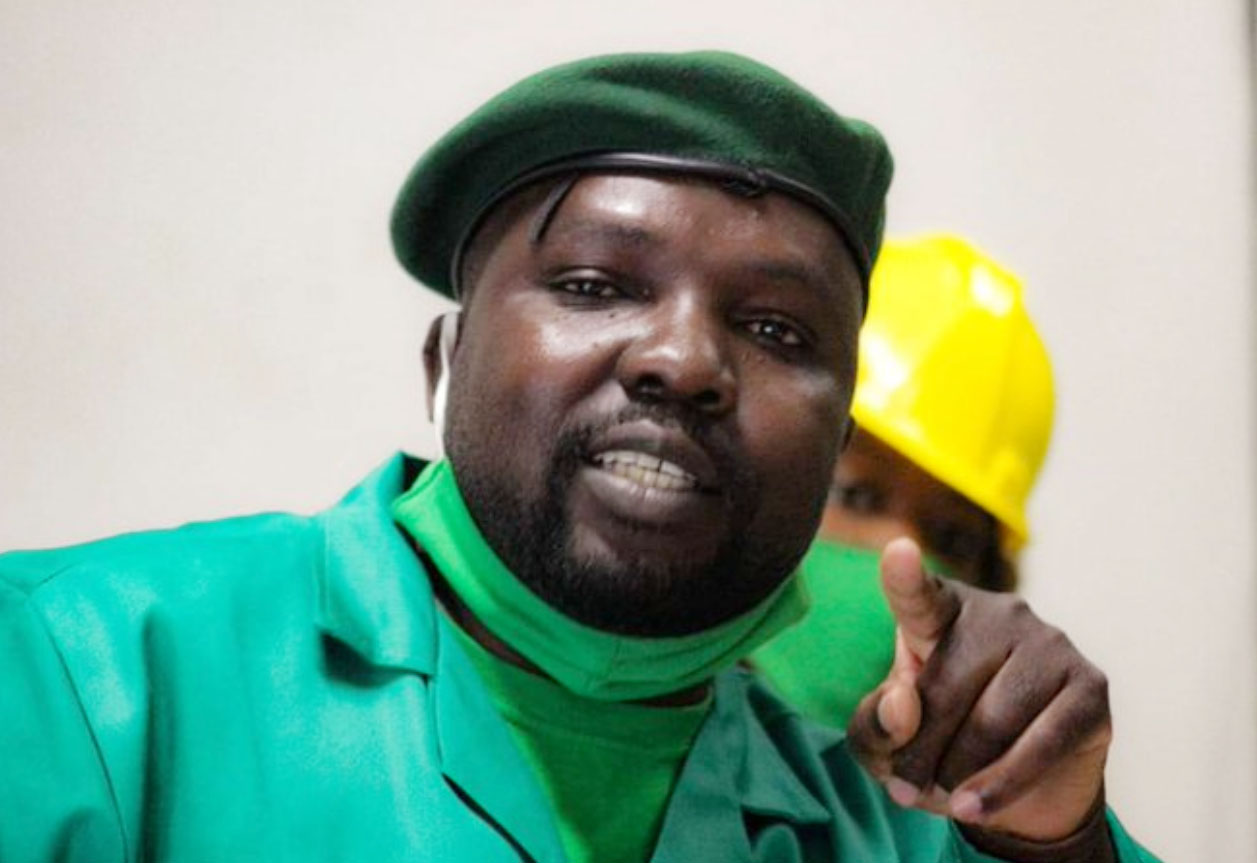
Mpofu claimed that a man had been arrested in Harare’s Kuwadzana suburb while printing Zanu PF and Central Intelligence Organisation cards, linking the discovery to planned mass protests on July 31.
“The level and sophistication of such an act points to the fact that there are leakages and gross breaches of our internal party systems which would be thoroughly investigated,” Mpofu said.
An economic crisis under President Mnangagwa has revived memories of the hardships of more than a decade ago when hyperinflation wiped out savings and pensions and forced the country to dump its currency in favour of the U.S. dollar.
Zimbabwe reintroduced its local currency last year after a decade of official use of the U.S. dollar but the local currency rapidly lost value, sending prices rocketing and raising fears of renewed hyperinflation.
The inflation rate stands at 785 percent, one of the highest in the world, while businesses charge in U.S. dollars and use black market rates to calculate prices in the local currency, making goods too expensive for many.
The crisis has stoked public anger against Mnangagwa, and triggered strikes. Police arrested 12 nurses protesting outside Harare Hospital on Monday demanding to be paid in U.S. dollars.
Opposition parties and activists are mobilising for nationwide protests on July 31 – the second anniversary of a presidential election narrowly won by Mnangagwa amid accusations of electoral fraud.
Mnangagwa has previously used the army and police to crush protests, but analysts say poorly-paid middle and lower ranks soldiers and police officers now also pose a threat to his regime which came to power on the back of a military coup that ousted the late former president Robert Mugabe in November 2017.
The government last month denied that the military was plotting another coup. Home Affairs minister Kazembe Kazembe called an unprecedented news conference where, with security chiefs sat behind him, he declared: “The government would like to unequivocally debunk and dismiss these rumours. For the avoidance of doubt, there is no coup in the making.”

